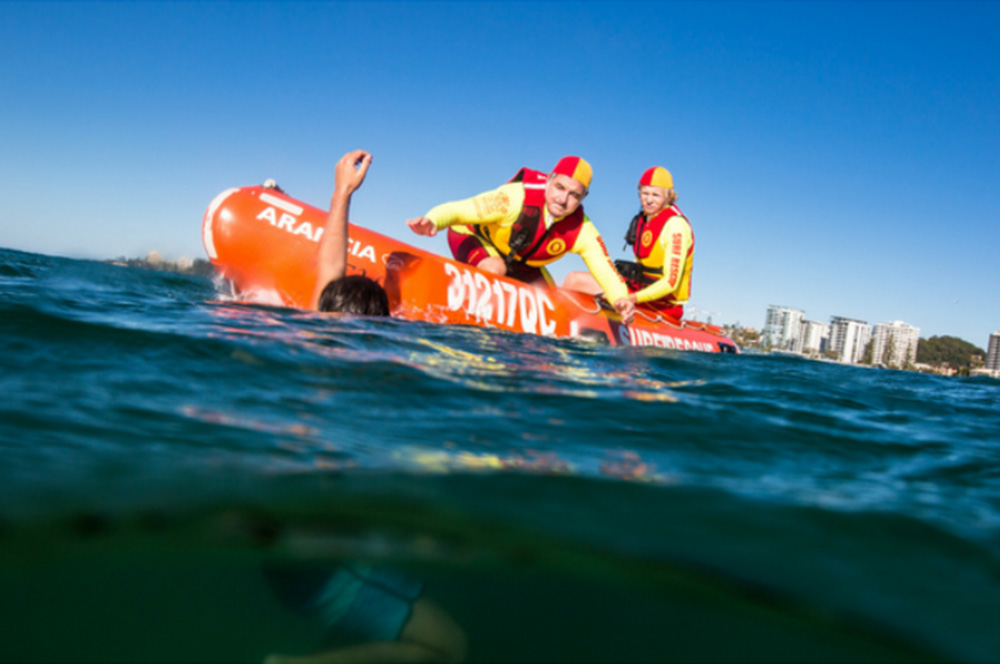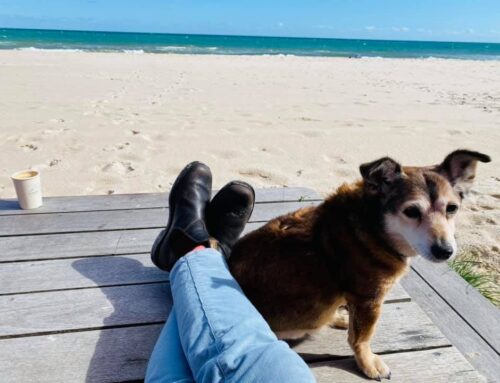The reality is that while some tourism businesses are prepared for crisis, most are not. Who could have possibly predicted a global pandemic that changes everything within a matter of weeks? (Except perhaps Bill Gates in 2014)
We are witnessing an unprecedented level of intervention with event closures, quarantines, travel bans, a social isolation policy, supply chain disruption, an escalation of employee sick days and a good dose of consumer fear. And most businesses don’t have an adequate continuity plan to deal with these specific set of circumstances. Even large well developed businesses are struggling to comprehend the impact of the COVID-19 pandemic.
Our team have devised a crisis management checklist designed to help tourism businesses weather the storm.
10 key survival tips:
- Appoint a crisis coordinator: This person needs to be responsible for keeping up to date with official advice, coordinate your business response and manage internal and external communications. They need to consult between the operations and marketing teams to make sure your staff and guests are receiving the appropriate advice.
- Develop a holding statement: This is a clear statement that you should share through your communication channels to inform the public of your response and policy changes. It is important that this statement is circulated to staff so that everyone is ‘on message’.
- Keep updating the holding statement as events unfold: Use your social platforms, e-news and website to broadcast your policy decisions. Let your visitor audience know they will be kept informed of any changes in service or closures. Assure your visitors that you are doing the right thing.
- Review your key processes: Social distancing requires new policy and procedures. Current recommendations are to allow for 1.5m – 1.8m between guests. To enable your business to safely stay open you may need to limit your venue capacity and space your guests further apart. Although the current advice in Australia is to cancel events of more than 500, you may need to cancel events of more than 50 people as conditions worsen (this is the current advice from the U.S). Cinemas in Australia are staying open by half filling their theatres. Cleaning and hygiene procedures will need to be stepped up. Where possible, staff should be allowed to work from home.
- Think of the timelines: We are currently in a shoulder period of restrictions. They will likely get worse as the pandemic develops. But then restrictions will ease, and your business will need to ramp up again. What will be your policy changes in shoulder and peak periods? Communicating these with your key staff will likely reduce anxiety and fear in the workplace.
- Keep up your communications: Try to keep an authentic and lighthearted narrative with your future guests. They may have had to cancel their trip with you but that doesn’t mean they have stopped planning their next break. Show them what you are doing during the closure and when you are likely to open again.
- Adjust your marketing: International visitation is going to flat-line for a few months and realistically, it is unlikely to pick up for the short to medium term. But the impact cuts both ways. We should see an upswing in domestic tourism and drive markets at the same time as the downswing in internationals. Now is the time to pivot your marketing plan!
- Run the COVID-19 scenarios through your financial modelling: It’s a sad fact that this is going to severely affect your business bottom line for the short term. For businesses in Australia’s Southern states this will impact the Easter holiday peak. In the North of Australia, and the Alpine regions, the peak periods from June – September might be less affected. The decision you have to make, is whether you can afford to suffer a loss now and uphold your full capacity or whether you need to review some services. It’s too early to predict what will happen to the economy but we all know Australians have a healthy appetite for travel.
- Find ways to adapt: What special needs will your customers have during and after the crisis? How can you meet that need with a new and improved service? Can you change your cancellation and refund policies to offer some certainty for aspiring guests? Is now the time to promote gift certificates with unlimited time-frames on redemption? Do you need to re-assess your target markets? How are you going to promote the re-launch of your operations when the crisis has subsided?
- Ensure the health and safety of your employees: It goes without saying that businesses need to put the health of owners, staff and guests at the forefront during a pandemic. You may also need to exercise a zealous approach to OH&S when it is time to re-open or ramp up business. The first few weeks and months of returning to normal will be critical and you should ensure there are no negative incidents. Taking care to ensure you have reviewed your risk management strategies is the best place to start.
The Submission Writer engages a team of tourism consultants, managers and communications specialists in our award-winning submission writing business. The team is headed by director Nelly Shaw who offers more than 20 year’s experience in leisure and tourism management. To get in touch or to review our consulting services, email: info@thesubmissionwriter.com.au or check out our website at: www.thesubmissionwriter.com.au.






Leave A Comment